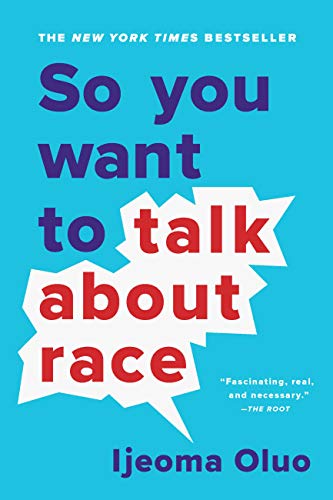
So You Want to Talk About Race

That power imbalance allows the culture being appropriated to be distorted and redefined by the dominant culture and siphons any material or financial benefit of that piece of culture away to the dominant culture, while marginalized cultures are still persecuted for living in that culture.
Ijeoma Oluo • So You Want to Talk About Race
To refuse to listen to someone’s cries for justice and equality until the request comes in a language you feel comfortable with is a way of asserting your dominance over them in the situation.
Ijeoma Oluo • So You Want to Talk About Race
individual intent.
Ijeoma Oluo • So You Want to Talk About Race
Cultural appropriation is the product of a society that prefers its culture cloaked in whiteness.
Ijeoma Oluo • So You Want to Talk About Race
The art form that black Americans have relied upon for generations is no longer theirs.
Ijeoma Oluo • So You Want to Talk About Race
It is our role not to shape the future, but to not fuck things up so badly that our kids will be too busy correcting the past to focus on the future.
Ijeoma Oluo • So You Want to Talk About Race
Who writes the books and articles I’m using to help inform my opinions?
Ijeoma Oluo • So You Want to Talk About Race
The truth is, you don’t even have to “be racist” to be a part of the racist system.
Ijeoma Oluo • So You Want to Talk About Race
It’s the system, and our complacency in that system, that gives racism its power, not